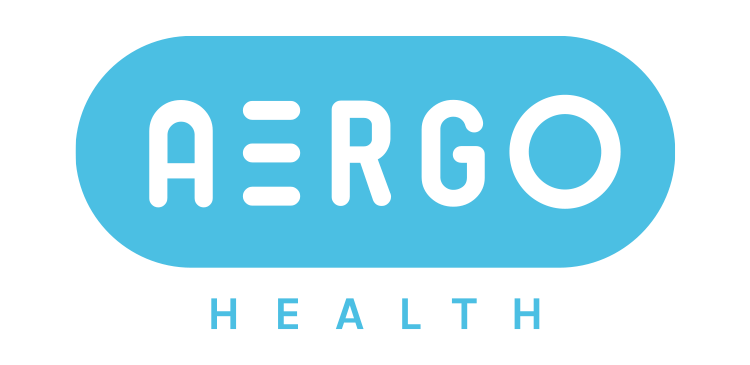World Duchenne Awareness Day
World Duchenne Awareness Day falls on the 7th September each year.
The international Duchenne community comes together to raise the profile and awareness of Duchenne and Becker muscular dystrophy around the globe.
Each year a theme is chosen that deserves more attention. This year the theme is ‘Women & Duchenne‘.
About Duchenne & Becker
Duchenne and Becker muscular dystrophy are rare genetic diseases defined by muscle weakness. Muscles are getting weaker over time.
This ultimately affects the ability to breathe as well as the function of the heart, as the heart is a muscle too. There are over 250.000 people worldwide living with Duchenne and Becker muscular dystrophy. People born with Duchenne and Becker need care from many specialists throughout their lives. With the current standards of care, people living with Duchenne can live into their early 30s and beyond.
Duchenne muscular dystrophy (also called Duchenne MD or DMD) is the most common form of muscular dystrophy.
What Causes Duchenne Muscular Dystrophy?
Duchenne MD happens because of a lack of dystrophin, a protein made by the muscle cells. In DMD, a variation or missing part of the dystrophin gene causes a loss of the dystrophin protein. This protein loss prevents the muscle fibers from working properly, leading to weakness.
Who Gets Duchenne Muscular Dystrophy?
Duchenne MD affects boys more often than girls because the dystrophin gene is on the X chromosome. Boys have only one X chromosome and girls have two. So girls can almost always make working dystrophin using the dystrophin gene on their second X chromosome.
But girls with a Duchenne MD gene may still have muscle cramps, weakness, and heart problems. Women with a deletion or variation in the gene are carriers and can pass this on to their children. Sometimes the variation or deletion in the gene does not come from the mother, but is a new change in the child. This is called a de novo or new variation.
This year’s theme of ‘Women & Duchenne’ highlights all the aspects connected with Duchenne and the female world:
• Carriers: genetic and clinical aspects
• Care considerations for female carriers
• Mothers as primary caregiver
• Girls living with Duchenne
• Spouses and girlfriends
• Female family member network of support
• Women in science
• Female international advocacy leaders
Check out this link for more information - Women & Duchenne as well as having a read at this fantastic article from Jo Eames, DMD mum and fundraiser.
#WDAD2022
